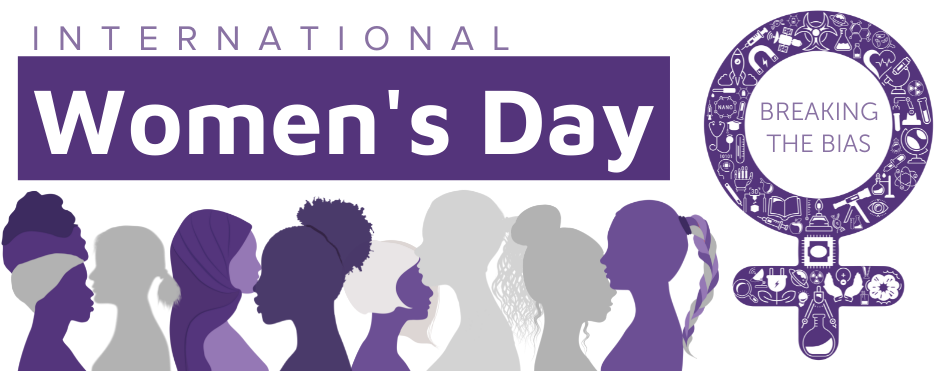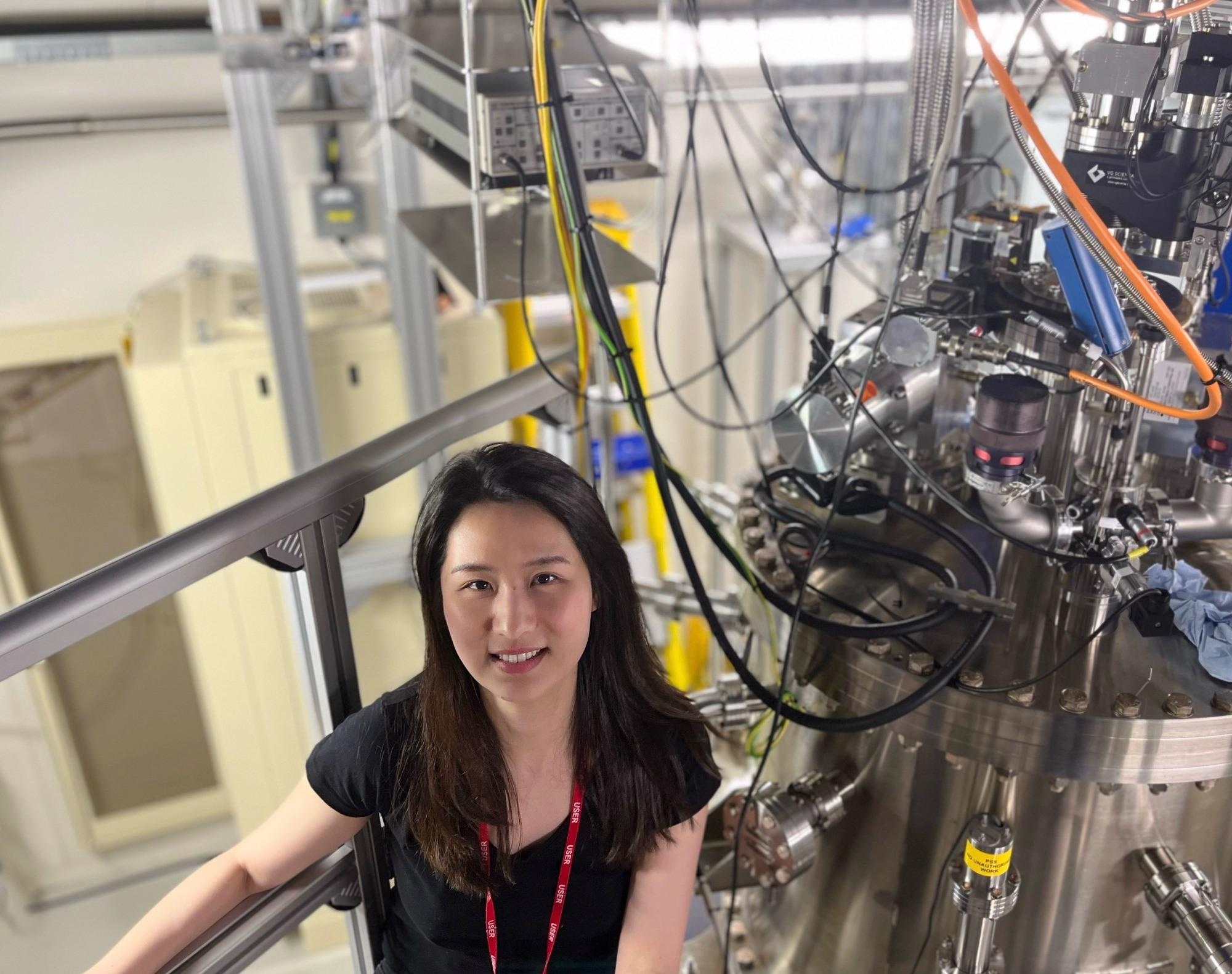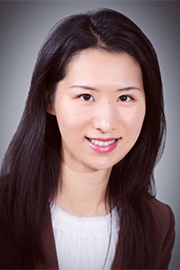This International Women's Day, we speak with Dr. Wenqing Liu, a Reader and Head in Nano-Electronics and Materials at the Royal Holloway University of London. We discuss how her current research in spintronics could help advance next-generation devices and her thoughts on how the STEM community can continue to #BreakTheBias.

Throughout your career, you have traveled to several research institutions worldwide. Which of these experiences do you think has influenced your career the most?
I completed my first degree in Physics at Nanjing University in China, then my Ph.D. in Electronic Engineering at the University of York in the UK. I was a UK EPSRC PDRA at Cambridge before joining Royal Holloway in 2016. I am currently a Reader at Electronic Engineering, and I lead the Nano-electronics and Materials Group.
Throughout my career, I have frequently traveled between the University and worldwide synchrotron-radiation facilities. A lot of my work has been carried out using high-resolution X-rays at the UK's Diamond Light Source National Laboratory in Harwell Campus and other international synchrotron radiation national laboratories. This enables me to look 'deep' inside atoms and study them most unambiguously.
What role will the field of spintronics play in advancing nanotechnologies? Are there any devices that will particularly benefit from their use?
My research concerns spin-electronics (spintronics). The vision is to advance new materials, architectures and mechanisms in the quest to control, measure and exploit the quantum spin of electrons.
Spin is a fundamental property of electrons that, unlike charge, is not exploited in conventional electronics. This leaves open the possibility of an entirely new generation of electronic devices (spintronic devices) with never-before-seen capabilities.
These new tools would have applications in future generations of low-dissipation logic devices, in-memory computing, and neuromorphic computing, as well as new applications as yet unthought of.

© Dr. Wenqing Liu
We have seen many innovations in the field of nanoelectronics, with growing interest from research and industry. In your opinion, what are the major challenges this field faces?
Research laboratories worldwide produce 'hero' materials every day. However, only a few of them survive to device level; with devices scaling down to nanometers (nm) and entering ultrafast regime (THz), problems become even more sophisticated.
The most important issues are the emergent behavior and collective behavior of electrons and other quasiparticles in materials, quantum level control of electrons, and the use of quantum properties of electrons to create fundamentally new electronic devices.
Understanding nature is the real challenge. Nanofabrication and characterization techniques are the tools for studying nature, and they are challenging tools to develop and use.
Multidisciplinary research is more than just working with researchers in different fields but taking a global approach to collaboration. What more could be done to improve connections between international communities, especially those between women in STEM?
Global networks, joint projects, and exchange visits are the way to do it and have been proven to be essential for research innovation, knowledge spread, and people training.
Women's participation is often featured in major international STEM conferences in the form of symposiums or focused sessions dedicated to community diversity topics.

© DOERS/Shutterstock.com
This year's theme for International Women's Day is #BreakTheBias, focusing on forging an inclusive, diverse, and equal future between genders. What would you say is the most important action that needs to be taken to achieve this?
It is amazing to see excellent women joining STEM and delivering high-quality work.
I would not call the gender imbalance a problem but rather a challenge and an exciting opportunity to boost creativity and innovation.
I hope that what we are doing today will encourage more younger, female generations to choose a career in this industry.
Continue reading: International Day of Women and Girls in Science.
About Professor Wenqing Liu
 Professor Wenqing Liu's research interest is in quantum spintronic systems with a vision to advance new materials, architectures and mechanisms to manipulate electrons spin, which can be ultimately used in sensors, racetrack memory and logic devices.
Professor Wenqing Liu's research interest is in quantum spintronic systems with a vision to advance new materials, architectures and mechanisms to manipulate electrons spin, which can be ultimately used in sensors, racetrack memory and logic devices.
She is the research lead of several milestone works published in internationally leading journals such as Nature Communications, Science Advances, Advanced Materials, Advanced Functional Materials, ACS Nano, and Nanoletters.
Dr. Liu is the principal investigator of a portfolio of several research grants from the UK Engineering and Physical Sciences Research Council (EPSRC), Science and Technology Facilities Council (STFC), Royal Society, Royal Academy of Engineering, and Leverhulme Trust.
Her team has been awarded (via competitive international prioritization processes) more than 500 shifts of beamtime at worldwide synchrotron-radiation stations such as Diamond Light Source (UK), Max-lab (Sweden) and the Advanced Light Source (US).
She is the recipient of the RAEng/Leverhulme Trust Senior Fellowship in 2019, the international research prize IAAM Young Scientist Medal in the year 2017, in addition to several prestigious home institute awards such as KM Stott Memorial Prize, York VC's Special Award and Holbeck Award.
Disclaimer: The views expressed here are those of the interviewee and do not necessarily represent the views of AZoM.com Limited (T/A) AZoNetwork, the owner and operator of this website. This disclaimer forms part of the Terms and Conditions of use of this website.